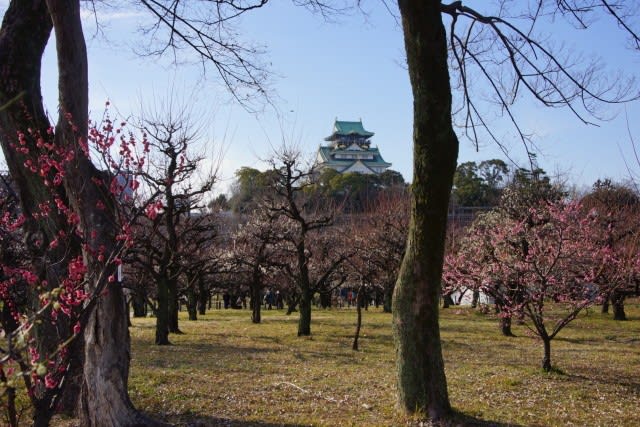The following is a chapter published on June 30, 2020, disturbing the search re-send while making corrections.
Many passages in this month's Sound Argument, the monthly magazine, that I have not read.
This morning, when I was reading the serial (long) article by Dr. Sukehiro Hirakawa, Professor Emeritus of the University of Tokyo, a part made me think that this is today's China itself.
In the last part of his notes, which he summarized and published, a part proved that I had hit the bull's eye.
Mr. Hirakawa's article is a must-read for the people of Japan and people worldwide.
The following is a continuation of the previous chapter.
Is Japan an Asian version of Nazi Germany?
But here's the question.
Can we forever follow the picture that that war was a war of democracy versus fascism and that the victorious Allied side was justified?
Can we put liberal democracy and people's democracy in the same category and judge history as such?
Is it okay for our children to be told that they should share the same view of history as President Xi Jinping preaches?
Suppose Nazi Germany was the evil empire and Hitler was its mastermind of evil. Can we allow our children to interpret militaristic Japan as the evil empire and Emperor Showa as the mastermind of evil?
What was the qualitative difference between Nazi Germany and the Japanese Empire?
I have already mentioned that the Allies were generally unfamiliar with Japanese affairs during the war and therefore tried to understand Japanese militarism with Nazi Germany.
It was the case when they regarded Emperor Showa as the Hitler of Japan.
However, I would like to ask such a question and reverse the position and ask the following question.
Then, if there is a question about the history Recognition of the victorious nation, commonly called the "Tokyo Court of Justice," can it be said that the war was a war of justice for the Liberation of the Greater East Asia?
Can such a correction be made?
What was "that war" in the first place?
Flaws in the Meiji Constitution
I would also like to mention the relationship between that war and Emperor Showa.
The May 15 Incident of 1932 and the February 26 Incident of 1936. -From that time onward, Japan was internally unsettled.
The principal newspaper denounced the young officers who killed the senior statesman in its politics section but praised them in its society section as a hero of the Showa Restoration.
Of course, there was public outrage at the young officer's scandal.
Because Emperor Showa was a pacifist and prioritized international cooperation, he was concerned about the local military's intrigues and outbursts since the Tanaka Giichi cabinet.
Nevertheless, he was a constitutional monarch who followed the Constitution faithfully, so he obeyed his Cabinet's decisions.
The emperor did not take active initiatives except in cases such as the February 26 Incident, when the Cabinet was crippled, or the decision to end the war, when the Supreme War Guidance Council was divided in its opinion.
Or rather, it was not to be taken.
However, he did not condone the rebels' actions in the event of the murder of "His Majesty's trusted man," the senior statesman.
Such an attitude of His Majesty came to be known to the people of Japan around the time of the February 26 incident.
Among adults, there were whispers of arrogance on the part of the military.
By the 1935s, Japan could not even form a cabinet without the Army's consent.
It was the military's fault, but it was because the Meiji Constitution was flawed, and it was as if there were "two countries in Japan - one as the Army and the other as the other" Note 9.
Because it did not promptly revise the Meiji Constitution, Japan became a miserable nation with a scattered military and government that could not unify its intentions.
Therefore, when local armed forces carried out a successful unilateral action, as in the Manchurian Incident case, the people cheered the military action, but they were already dissatisfied with the Army, which had expanded the frontline in mainland China without any prospect of a solution.
However, the editorials of the major newspapers never openly expressed dissatisfaction with the Army, although they complained about the government, the Diet, and the bureaucracy.
Before and during the war, they refrained from criticizing the Japanese military, and after the war, they refrained from criticizing the American military.
This article continues.



















